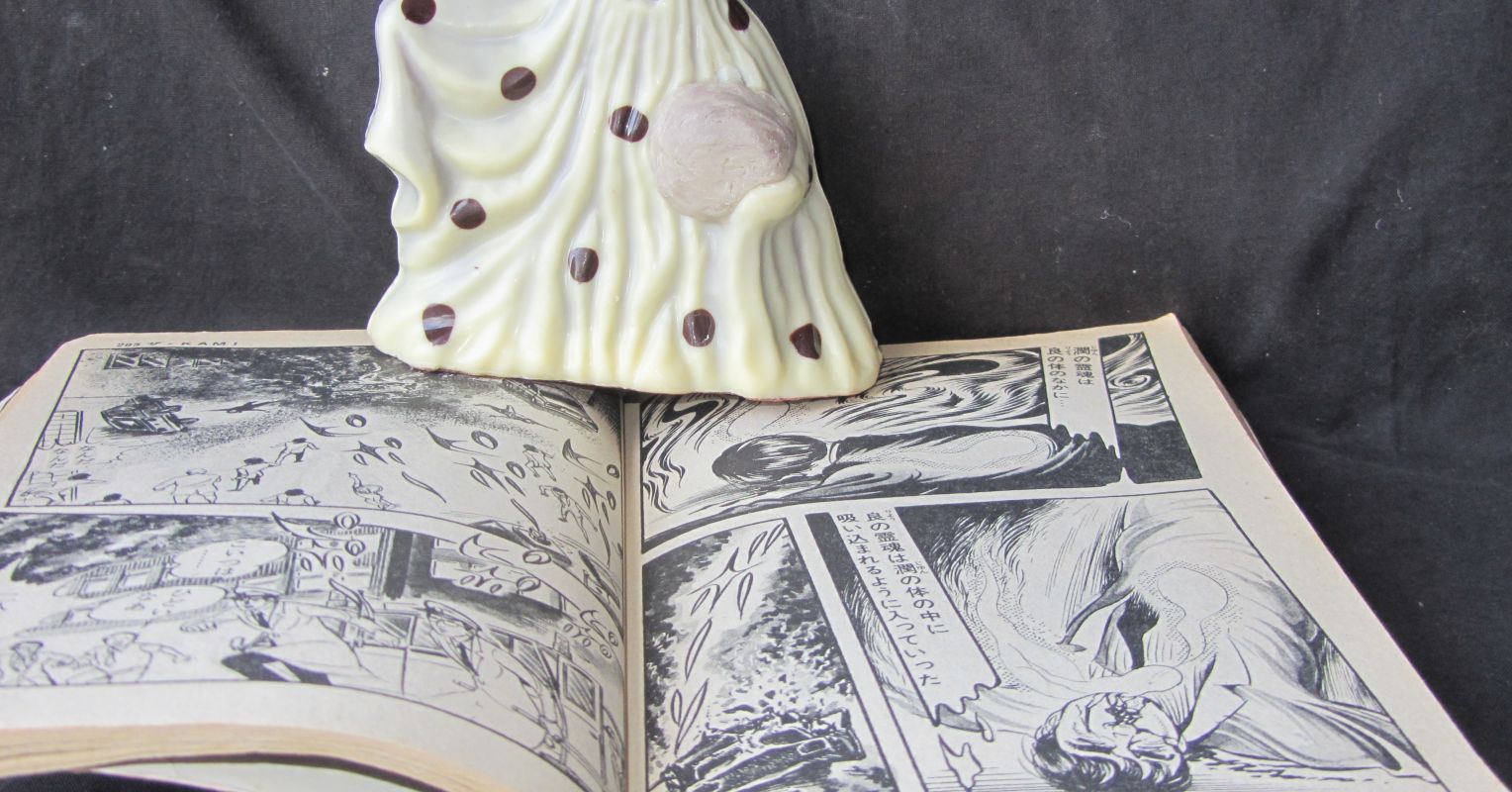
"Halloween is all about fear. It's about scaring others and being scared - not just unapologetically, not just without the shame that typically accompanies or follows real-life fear, but gladly and eagerly. Halloween beckons terror just so we can laugh at it, and at each other and ourselves. Throughout the rest of the year, fear tends to strike suddenly and unannounced. That surprise factor, tripping up and felling even the most mindful and well-prepared among us, might be fear's most potent fuel."
"We cannot properly prepare for fear. We can try to live safely. We can adopt spiritual doctrines that declare we'll be rewarded for good deeds, not punished as are nonbelievers, and that we are not alone. We can warn one another and ourselves: Beware! This was my childhood soundtrack. Any scene, from school to swimming pool, as far back as I can remember, was inflected with my mother's low growl: Watch out, damn it! Don't be f*cking stupid! Don't do that!"
Halloween evolved as a ritual to help humans process universal fears by inviting playful terror and communal confrontation of mortality. The holiday mixes bursts of planned fright with fun, allowing participants to rehearse responses to sudden fear without the shame that often follows real-life panic. Suddenness and surprise amplify fear during the rest of the year, making real threats difficult to prepare for. Shared death-themed holidays worldwide reveal a collective need to process mortality publicly. Personal conditioning toward constant vigilance can heighten baseline fear, while Halloween's structured scares provide a safer context to experience and defuse anxiety.
Read at Psychology Today
Unable to calculate read time
Collection
[
|
...
]